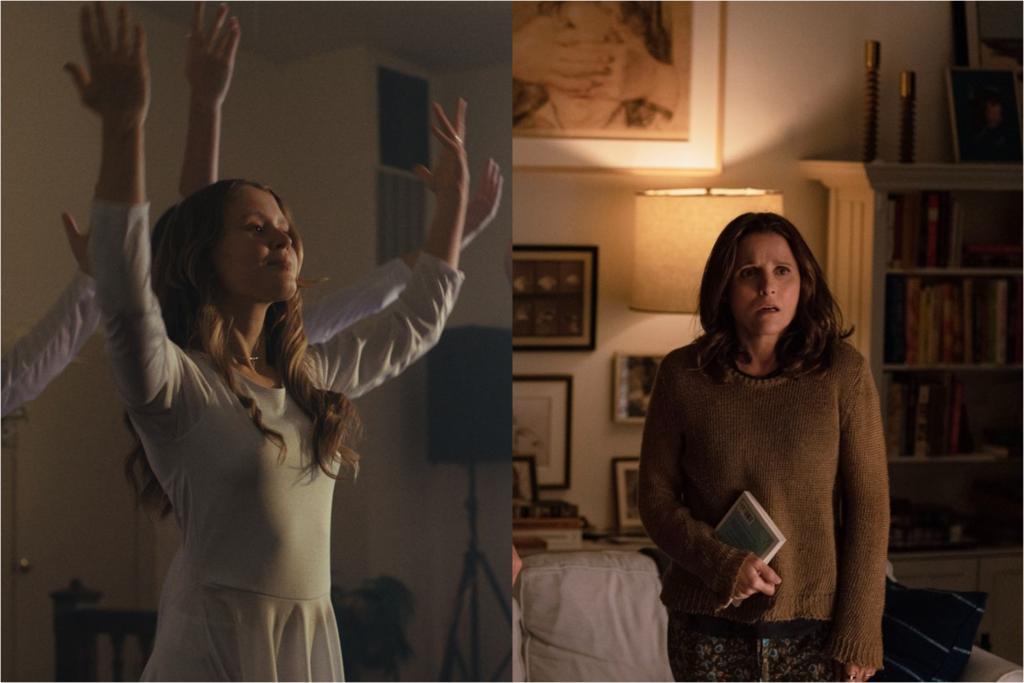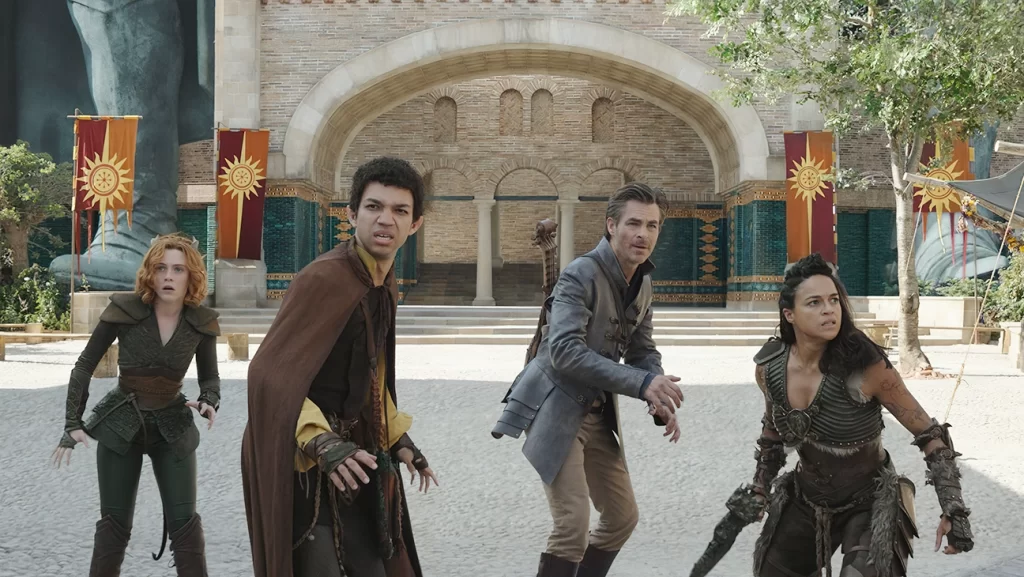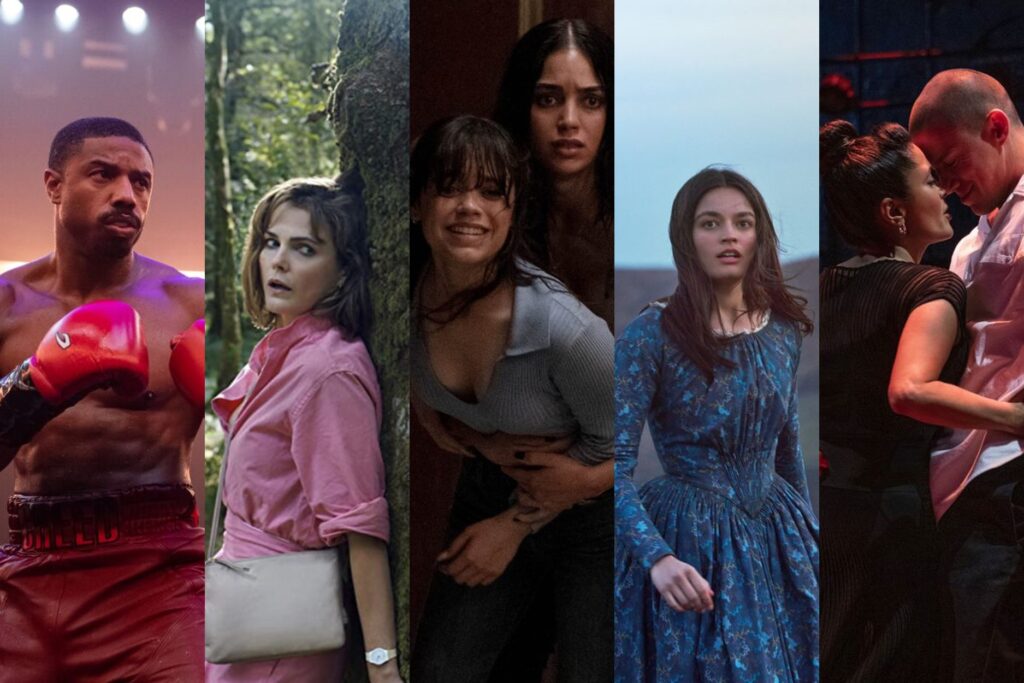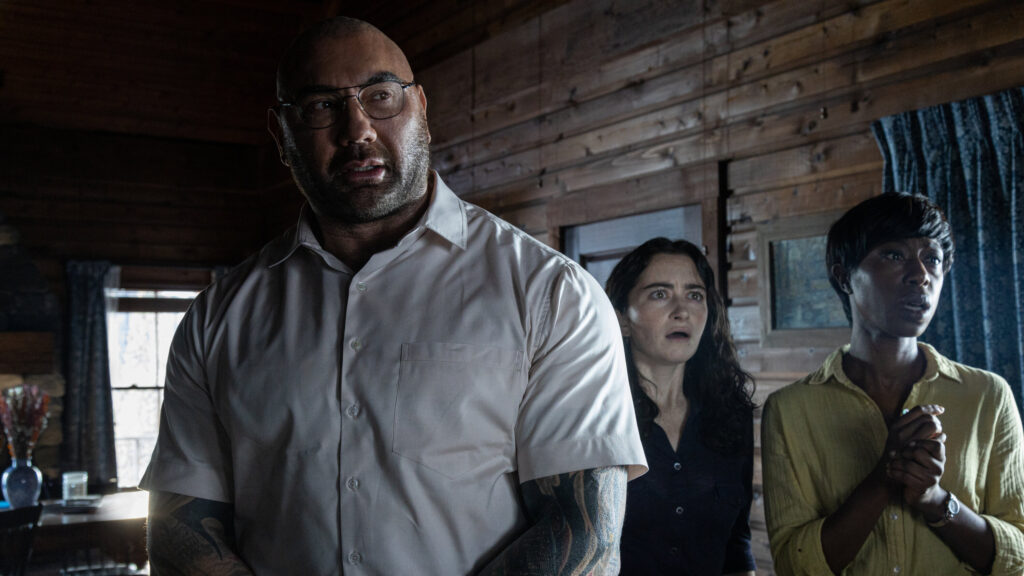Quick Hits: No Hard Feelings; Elemental; Extraction 2

No Hard Feelings. Like most movie stars, Jennifer Lawrence tends to play the hero. She’s showcased plenty of range in her leading roles—as a resourceful vagrant (Winter’s Bone), as an intrepid messiah (the Hunger Games pictures), as a striving innovator (the underrated Joy), as a frantic parent (mother!)—but she invariably lays claim to your sympathy, wielding a winning combination of innocence and resolve. So what’s intriguing about No Hard Feelings, the new comedy from Gene Stupnitsky (Good Boys), is that it finds Lawrence playing a woman who’s selfish, vengeful, and kind of mean. Her character, Maddie, isn’t exactly a villain, but the closest she gets to traditional heroism comes when she’s outracing the cops who are primed to suspend her license, all while a teenager is clinging to the hood of her car.
Maddie’s acrimony isn’t entirely without cause. She’s behind on the property taxes for her beloved Montauk home, and her primary source of income (driving for Uber) vaporizes after her ex-boyfriend, scorned from her prior ghosting, repos her car. She also resents the seasonal influx of wealthy tourists and the creep of gentrification they represent. But Maddie’s bitterness runs deeper than circumstantial irritation, and the trick of Lawrence’s performance is that she has the courage to make the character unlikable while simultaneously depicting her as a figure of nigh-mythical desirability. Read More




